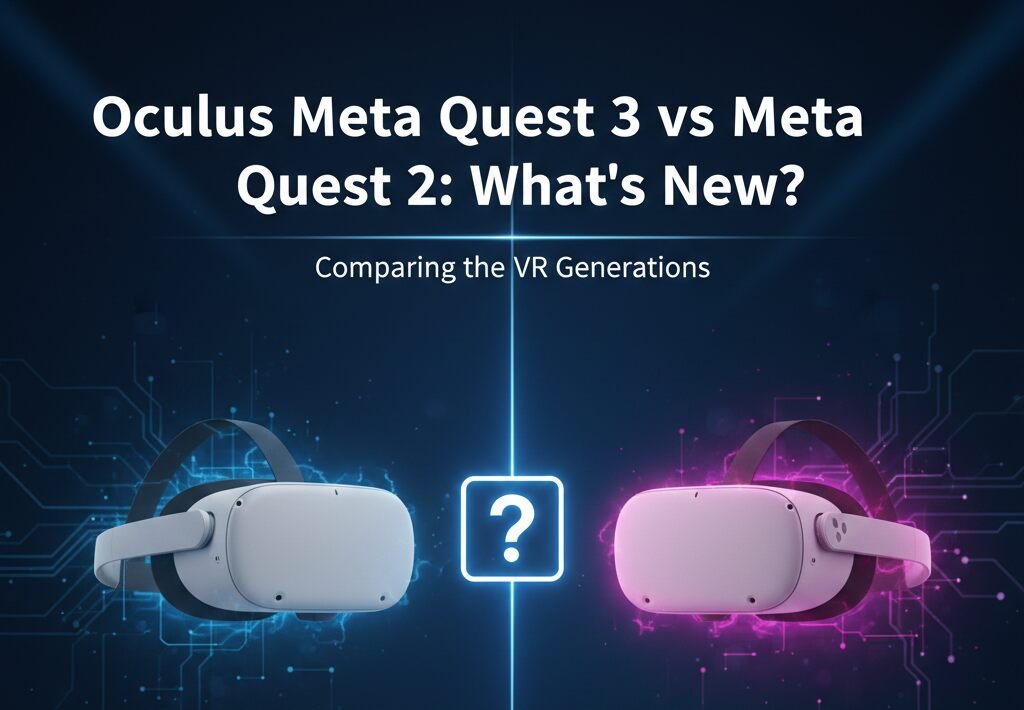With the economy becoming more and more decentralized and data-driven, and shaped by fast-moving narratives, gaining an understanding of trends has become a core necessity rather than just an option. Prediction markets truly become the name given to aggregators of crowd belief for forecasting future happenings. From politics and economics to science and digital assets, prediction markets are changing the way people look forward to what is next. In the cryptocurrency world, where volatility dominates and sentiments change by the hour, prediction markets are providing an overflow of real-time wisdom. Platforms for predicting the next major bull cycle are gaining ground among both traders and institutional investors.
Let Us Now Define Prediction Markets
Prediction markets provide a decentralized platform for participants to buy and sell shares in a future event’s outcome. They turn beliefs into financial positions; for example, a prediction market may ask, “Will Ethereum reach $6,000 by December 2025?” If shares are currently trading at $0.70, then the price represents a 70% consensus among the market that the event will come to pass.
Should the event take place, the share is paid out for $1. Otherwise, nothing is paid. The price keeps on changing continuously with the emergence of new data, shifts in sentiments, or new beliefs from the market participants. The advantage is that it is a financially incentivized probability of future events updated in real-time.
How Do Prediction Markets Work?
Prediction markets operate much in the same way as traditional financial markets, except that, rather than trading assets such as stocks or bonds, traders buy and sell positions on binary outcomes to yes/no questions. Thus, the operations of prediction markets follow between
1. A market is created about a specific event. For example, “Will the Federal Reserve cut interest rates this year?”
2. Traders buy shares of “Yes” or “No” depending on their expectations of the event.
3. Prices move as other participants enter the market and bring new information or a change of sentiment from their side.
4. When an event has been decided upon, traders holding rights to the correct outcome are paid out automatically through smart contracts on decentralized platforms or by the side of centralized entities.
Through turning knowledge or beliefs into tradable assets, prediction markets thus effectively harness real-time collective intelligence.
Why Do Prediction Markets Work?
Traditional forecasts focus mainly on expert opinion, polling, or historical analysis, but prediction markets use the working crowd’s expectations applied with a financial incentive toward outcomes. This means
Incentives to Be Correct: Participants are motivated by money to be right, rather than to just shout the loudest.
Diverse Inputs: Traders have backgrounds in different fields, providing further insight and analysis.
Real Time: Markets adjust instantly upon receiving new information.
Transparency: On decentralized platforms, all transactions and eventual results are public and verifiable.
All of these advantages provide prediction markets with the possibility to adapt faster, mainly in complicated or rapidly evolving settings, like in cryptocurrency.
Use Cases in the General Economy
Prediction markets find their place in many applications:
Political Forecasting
Markets tend to be more precise than traditional polling of elections, referenda, or legislative actions.
Corporate Forecasting
Companies offer internal prediction markets for product timelines, sales projections, or project viability.
Science and Innovation
Markets are used for forecasting scientific breakthroughs, vaccine timelines, or climate-related research developments.
Sports and Entertainment
From movie box-office returns to championship results, prediction markets tap into public sentiment on pop culture events.
Financial and Cryptocurrency Markets
Prediction markets are better equipped to anticipate rate hikes, inflation, commodity pricing, or crypto asset pricing.
Blockchain-Powered Prediction Markets
This new generation of decentralized prediction markets has reshaped the environment. Platforms like Augur, Polymarket, and Gnosis thus use smart contracts and blockchains that avoid any centralizing intermediaries.
Some benefits include
Global Participation: Anyone with an internet connection and a crypto wallet can join.
Trustless Systems: The smart contracts govern the creation of markets, trading, and resolution.
Censorship Resistance: No single entity has the power to close a market or manipulate the outcome.
Tokenized Incentives: Platforms distribute tokens to liquidity providers and parties who accurately predict outcomes.
These platforms are suitable for matters avoided by centralized exchanges due to regulatory issues.
Trends in Prediction Markets and Crypto
The crypto space is volatile, news-based, and highly sentiment-led, making it a perfect environment for prediction markets. Events such as Bitcoin halving cycles, altcoin rallies, Ethereum upgrades, and regulatory developments keep speculation alive.
So, instead of giving credence to Twitter influencers or latest trends, traders can use prediction markets to see where the crowd is placing actual financial bets.
This created interest in markets that forecast the next big surge in digital assets, thus putting tools that specialize in the prediction of a crypto bull market on the map. These markets allow participants to speculate whether we are heading towards a bullish phase and, if yes, when it would start and how high assets like Bitcoin or Solana might rise.
Examples of relevant prediction markets include:
“Will Bitcoin reach $100,000 before the next halving?”
“Will ETH outperform BTC in 2025?”
“Will a new Layer-1 blockchain enter the top 5 market caps?”
These markets are hence enabling serious traders, developers, and institutions to hedge, bet, or look into sentiments with probably more clarity than traditional sources.
Risks and Considerations
Despite their merits, prediction markets have their limitations:
Liquidity Issues: Popular markets do well, but some niche markets are under-participated. This diminishes accuracy.
Regulatory Uncertainty: In many jurisdictions, prediction markets are regarded as gambling or, at best, unregulated financial products.
Market Manipulation: Manipulators could distort the outcome in thinly traded markets.
Question Ambiguity: If poorly worded or too broadly defined, questions could confuse participants or create problems for the resolution of results.
That said, the increasing sophistication of decentralized platforms and governance models will eventually begin to resolve these issues.
The Future of Prediction Markets
This evolution is far from over. The future may look something like this:
Integration of AI and analytics tools for enhanced insights into the market.
Governments and think tanks use it to model policy impacts.
Formal traders are adopting it as a sentiment measure.
Exposure by media to the mainstream as an alternative to public polling.
With greater credibility and reach, the platforms may grow so intertwined with financial dashboards, risk models, and strategic planning tools.
Conclusion
Prediction markets are more than just tools for speculation; they’re a novel mechanism for anticipating and comprehending the world ahead of us. By converting opinions into markets, they generate real-time, financially supported forecasts that act as a sponge with incoming information and sentiment.
In the highly unpredictable and evolving crypto environment, a prediction market is a very scarce signal that cuts through the noise. As investor attention shifts towards the next phase of the digital asset boom, crypto bull market prediction tools will give somebody a leg up.
Whether you’re a casual trader, a builder in DeFi, or an analyst in an institution, the knowledge weight of prediction markets is something you want to have on your side.
Read Dive is a leading technology blog focusing on different domains like Blockchain, AI, Chatbot, Fintech, Health Tech, Software Development and Testing. For guest blogging, please feel free to contact at readdive@gmail.com.





